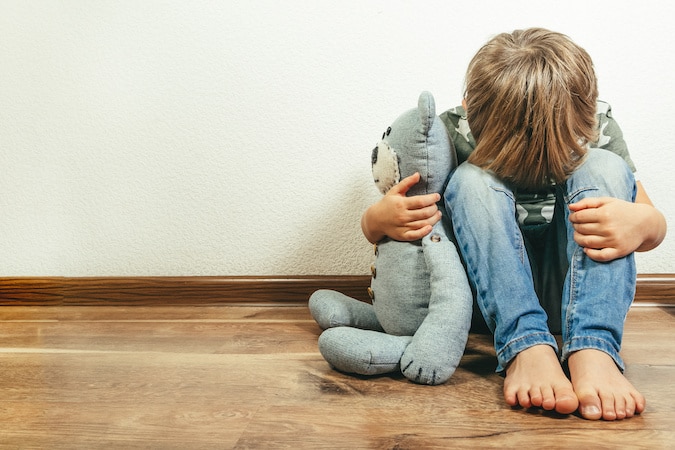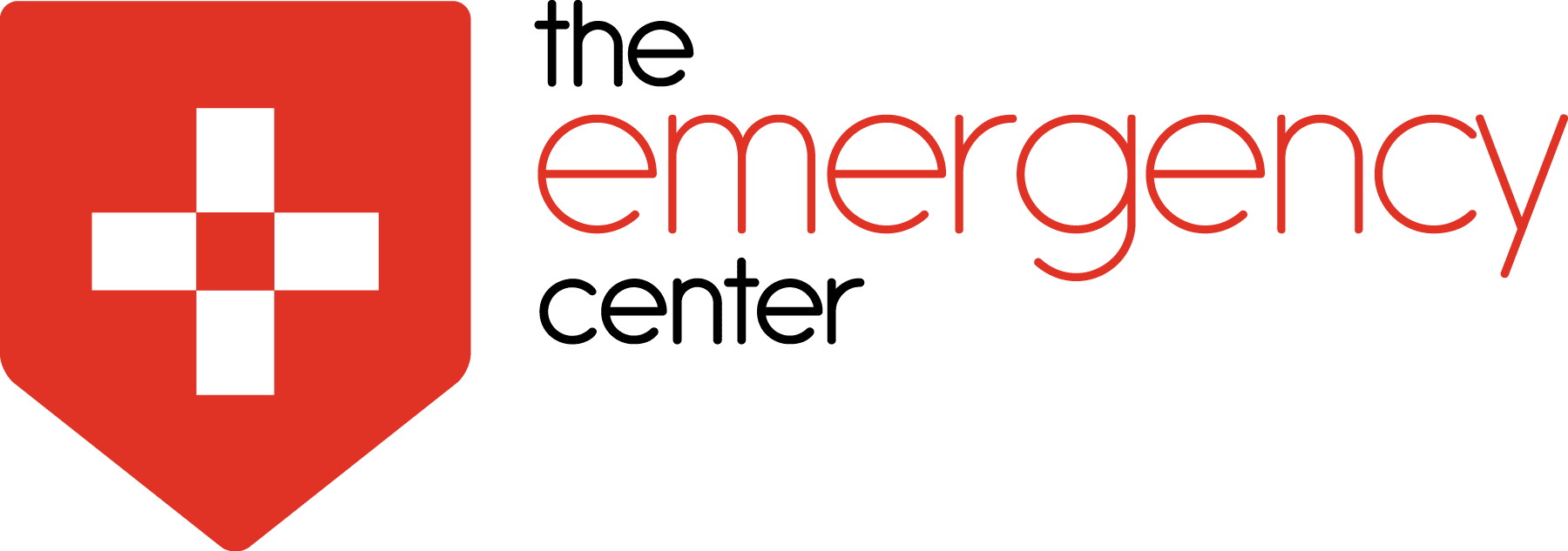April is National Child Abuse Prevention Month
It is becoming apparent that there is no boundary the novel coronavirus will not cross. Other than the economy, public health, and unemployment, the virus is reaching people in ways that others may not have considered. Now that the US government has implemented a ‘stay at home’ guideline for Americans, odds are the country will see an increase in domestic abuse and child abuse. April is National Child Abuse Prevention Month, and now is a perfect time as ever to inform people about this devastating issue in the United States.
Child abuse is more common than anyone wants to believe. It not only scars a child mentally, but it also causes thousands of serious and completely preventable injuries. There has been a rise in child abuse consistent with the implementation of self-quarantine due to the coronavirus outbreak. Usually, children can at least have venues such as work or school to escape the violence they suffer from home – even temporarily. Sadly, the recently imposed self-quarantine restricts children from finding safety or reaching out to support groups. Instead, these children must endure excess abuse at home.

What Defines Child Abuse?
Child neglect and child abuse are two different things, but they are both considered child abuse. When a child is a victim of physical or sexual assault, this is called child abuse. When a parent or guardian does not provide the care and treatment a child requires to survive, it is child neglect.
- Physical abuse. Any bodily injury to a child that is not accidental is physical child abuse. Physical abuse includes hitting, cutting, biting, burning, or maiming a child that results in injury. In most states and American territories, verbal threats to harm a child also constitutes physical abuse. Other circumstances that present a physical danger to a child can also constitute physical abuse.
- Sexual abuse. Sexual assault, exploiting a child through prostitution, and child pornography are all horrific acts of child abuse. Sadly, one in nine girls and one in 53 boys will become victims of sexual assault before the age of eighteen. The damages incurred are traumatizing and ruin lives and futures for these children.
- Emotional abuse. Some children endure verbal, mental, or psychological abuse from their mother, father, or legal guardian. These emotional abuses take their toll over time. Kids suffering from emotional abuse are more likely to develop mental conditions such as low self-esteem, anger issues, depression, and even suicide. They also tend to exhibit violent behavior against others.
How is Child Neglect Different from Child Abuse
Food, clothing, shelter, medical care, and overall supervision are all responsibilities of a good parent or guardian. When a parent or guardian ignores these needs, intentionally or not, the child becomes a victim of neglect. There are four categories of child neglect.
- Physical neglect. During childhood, especially at younger ages, children are in the early stages of growth. They require more nutrition, have weaker immune systems, and are more prone to injury since their bodies haven’t fully developed. Therefore, they are susceptible to their surroundings, and a neglectful parent can cause them serious harm. Children that aren’t properly fed, sheltered, or clothed have unnecessarily lost their chance to have a healthy life. Physical neglect can cause malnutrition and exposure to harsher elements.
- Medical neglect. Children especially need regular medical visits. Because their immune systems are not familiar with viruses and bacteria, they have not had the opportunity to develop immunity to disease-causing elements. Therefore, they require a series of vaccinations and medical checkups with a family pediatrician. When a parent or guardian fails to make medical and dental appointments available to the child, they are committing medical neglect.
- Educational neglect. Depriving a child of education will not only rob a child of their childhood, but it also sabotages their chance for a future. A child becomes the victim of educational neglect when his or her parents do not enroll them in school at the appropriate age. Educational neglect also includes a parent allowing excessive absences from school.
- Emotional neglect. Emotional neglect is the beginning of nearly every origin story of a serial killer. It is a parent’s willingness to deprive a child of any emotional love, support, or affection to their child.
How to Report Child Abuse or Neglect
Child abuse and neglect have, sadly, been a massive problem in the United States. Innocent children are the least deserving of such cruel treatment. This April needs to always serve as a reminder that the country must continue to address child abuse to protect them and their future.
If you are in Texas and suspect a child is being abused, report the abuse to the Texas Department of Family and Protective Services.

The Emergency Center
San Antonio
11320 Alamo Ranch Pkwy
San Antonio, TX 78253
Phone: 210-485-3644


